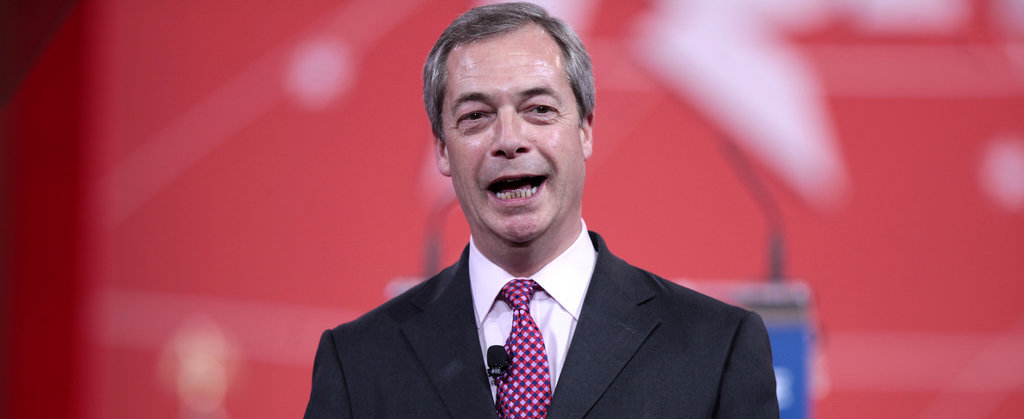2016 was the year of the right wing populism in Western politics. Trump, Farage, Le Pen and others in their molds saw huge surges in support, if not outright – and often stunning – wins. Voters, tired of starched and sanitised political professionals were attracted to straight-talking anti-establishment figures and for a while, it seemed that the right had a monopoly on charisma.
But the elections so far in 2017 have shown that this is changing. Right wing parties that were credible electoral forces just a year ago now seem dead in the water. In the recent UK election UKIP slipped from winning 13% of the national vote share in 2015 to returning just under 2%, losing their only seat in the House. Perhaps more bruisingly, a local election two months earlier had robbed them of all but one of their councillors.
This is not just a UK phenomenon. Elsewhere, right wing movements are failing to continue the gains that their performances last year would suggest. Marine Le Pen reached the final round of France’s Presidential contest but in the subsequent legislative election her vote share nearly halved from 21% to 13%. Similarly, the True Finns have this week been thrown out of Finland’s governing coalition after a damaging split led over half their MPs to desert them in favour of forming a more moderate grouping.
When a single issue party disappears, it can sometimes be taken as a sign of success. The popular policies that had been central to their appeal have been adopted by the mainstream. In the UK, UKIP has struggled to find a purpose now that Brexit is a reality.
With the Conservatives and Labour both committed to leaving the EU, its brand of blazer and cravat politics has failed to appeal to voters. The same can be said of Geert Wilders’ Freedom Party, which saw its political oxygen drawn away as Mark Rutte, now Dutch Prime Minister, broadened his political stance to include anti-immigration policies.
In the case of broader right wing movements however, we have seen moderate or left wing forces more effectively able to harness populist sentiments and mount a credible challenge. Theresa May was not denied her majority because the Conservative vote share fell. On the contrary the Tories saw their highest vote share since 1983. But Jeremy Corbyn, seen as the political outsider, amassed thousands of votes that normally go to protest parties or simply do not get cast.
In France, En Marche, the political movement founded by Emmanuel Macron, has swept to victory on the back of Obama-style political rallies and the youthful charisma of the new president. Similarly, in Austria, the fears of a far-right political takeover by the Freedom Party have been mollified by the rise of Sebastian Kurz, the 30 year old centre-right Foreign Minister.
For now, these are early observations of a trend that may emerge more clearly by the end of the year. It’s also important to note that no-one is forecasting the permanent end of right wing zealotry. However, in the era of social media politics, populism is here to stay as a tool for both the left and the right. As with any powerful weapon, we should be reassured when the arms race is at its most balanced.

